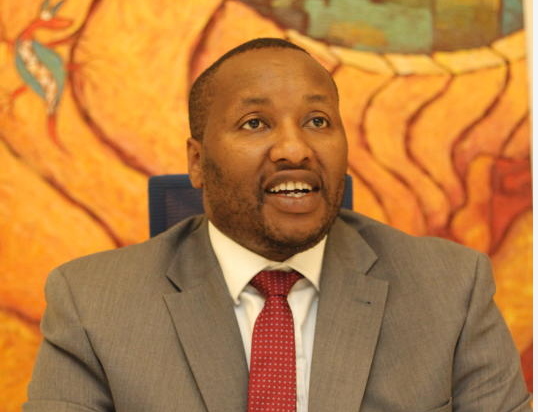×
The Standard e-Paper
Fearless, Trusted News

NAIROBI, KENYA: TransCentury has an order book of Sh26 billion, and that is good news as attested by the CEO Nganga Njiinu in an interview with Financial Standard.
But this is just one side of the coin for a company that rose from humble beginnings in 1997 to owning three operating divisions spread across 14 countries in East, Central and Southern Africa. The other side of the coin is a story of courage, fame and profits culminating into losses, debts and negative working capital, which threatens its survival.







